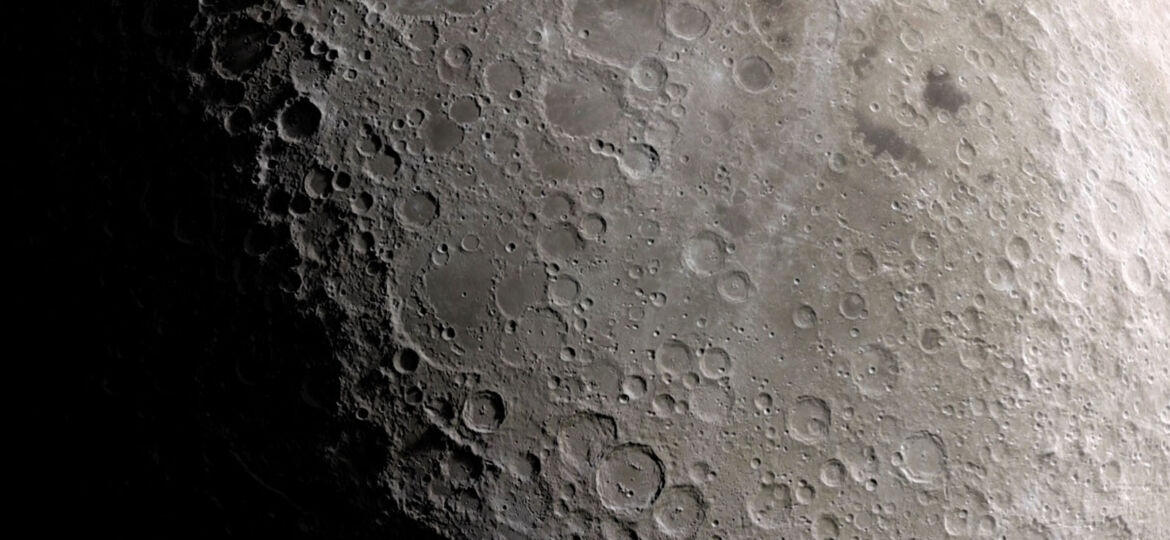
WHY THIS MATTERS IN BRIEF
Outer space contains an unlimited amount of resources, from Platinum and ice to Helium-3, now, as we become a space faring species our future space exploration, outposts and transportation will rely on companies who can mine and process it.
The Japanese Space Exploration Agency (JAXA) has announced that it is leaping into the industry for space resources and it’s agreed to work with a lunar robotic exploration company to create a blueprint for the industry that will eventually extract some of the trillions of dollars worth of natural resources from the moon, and which could one day reach further out into space and help support SpaceX’s missions to Mars.
According to a statement JAXA has signed a memorandum of understanding with Tokyo based iSpace to work on building an industry “for the mining, transport and use of resources on the moon.”
Resource mining is one of the most critical challenges facing many of todays space farers, from SpaceX to NASA, because of the huge cost and burden of having to “take your fuel with you” everywhere you go. By creating this MOU JAXA hopes to be the first agency who can commercially extract Oxygen and Hydrogen from ice mined from the moon which can be turned into rocket fuel, meaning space missions could reduce heavy fuel loads and cut launch costs.
JAXA has recently been upping its game and has begun working closely with several of Japan’s small space startup companies, most of which have received funding from both JAXA and private investors this year. Despite this though Japan’s space industry still lags behind that of other countries such as the US, particularly in the area of space resources.
In 2015 the US passed a law that gave private companies the rights to resources recovered in space and this, coupled with the decreased costs of reaching the moon which have fallen from hundreds of millions of dollars to just tens of millions of dollars today, now seem to have kick started a new great, private space race.
“Space resource development is garnering attention around the world now,” said iSpace CEO Takeshi Hakamada, “it’s very important that we work to commercialize and create rules while we still have a technological advantage globally.”
iSpace also happens, conveniently, to manage the business operations for Team Hakuto, who also want to create their own space mining business and who are the only Japanese competitor for the $30 million Google Lunar XPRIZE competition. Sixteen teams are competing to land a probe on the moon, move it 500 meters, and send high-definition photos and video back to earth by the end of 2017.

















[…] Source link […]